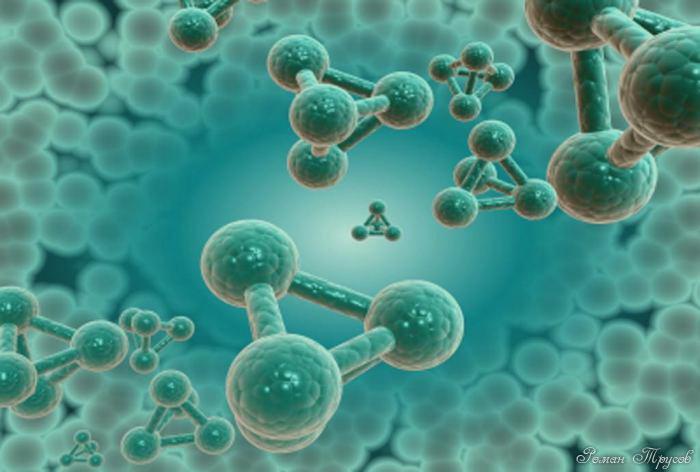Hormones - organic compounds that are produced by certain cells. They are designed to regulate different bodily functions. Presenting your attention the list of basic human hormones. In brackets you can see the average standards in the adult human (specific indications depend on the gender, age and health).
Pituitary
1. Growth Hormone (0,1-13 mU / l) - growth hormone. Responsible for the process of physical development, regulates the growth of the body and stimulates the growth of muscles.
2. thyrotropin (male: 0,4-4,1 mU / l in women: 0,35-2,5 mU / l). It helps the formation of thyroxine in the thyroid gland.
3. Corticotropin (9-52 pg / ml). It regulates the activity of the adrenal glands and the appearance of them cortisol.
4. Oxytocin (1-5 mU / L increases during pregnancy) .Gormon joy and happiness. It provides a normal course of labor.
5. Prolactin (men: 75-515 mkIE / l in women: 136-1483 mkIE / ml). It regulates the formation of milk and breast enlargement in pregnancy.
6. Follicle-stimulating hormone (men: 1,5-12,4 mIU / ml in women: 1,7-134,8 mIU / ml). Enables the appearance of eggs and sperm in men and women.
7. Luteinizing hormone (male: 1,7-8,6 mIU / ml in women: 1-59 mIU / ml). Yields female hormones in the ovaries produce testosterone secretion.
8. Vasopressin (depending on the specific technique, 1-5 pg / mL). It prevents the loss of body fluids.
Pancreas
1. Glucagon (20-100 pg / ml). Increases in blood glucose.
2. Insulin (3-20mkEd / ml). It lowers blood sugar by promoting glucose into the cell.
Thyroid
1. Thyroxine (males: 59-135 nmol / L in women: 71-142 nmol / L). It stimulates metabolism, increases the excitability of the central nervous system.
2. calcitonin (men: 0-2,46 pmol / l in women: 0-1,46 pmol / l). His work - regulation of calcium metabolism (decrease its amount in the blood and an increase in bone tissue).
3. parathyrin, parathyroid hormone (1,6-6,9 pmol / l). Activity increases with decreasing parathyroid amount of calcium in the blood.
Adrenal glands
1. Cortisol (about 10 mg / dl). Starts the immune defense mechanisms against stress.
2. Adrenalin (112-658 pg / mL). Produced in a state of danger or fear, it increases blood sugar.
3. Aldosterone (100-400 pmol / l). Responsible for water-salt component of the human body.
sex hormones
1. Estrogen (female: 57 to 476 pg / ml) .Otvechaet during pregnancy, menstruation.
2. Progesterone (men: 0,32-0,64 nmol / L in women: 0,32-56,64 nmol / L increases during pregnancy). It normalizes appetite, regulates the process of gestation.
3. Testosterone (in men: 8,64-29 nmol / L). Responsible for male sex characteristics.
Gaumont epiphysis
1. Serotonin (50-220 ng / ml). A substance that regulates the emotional sphere.
2. Melatonin (10 pg / mL day, 70-100 pg / l at night) .Reguliruet circadian rhythm of the body.
other hormones
1. Dopamine (10-100 pg / m). Formed brain cells during pleasure or preparation for it.
2. Leptin (men: 2-5,6 ng / ml in women: 3,7-11,1 ng / ml). Provided by adipose tissue. It regulates the body's energy metabolism.
